Shifting Gears: From Car Culture to the Freedom of Choice — My Journey Beyond Society’s Default
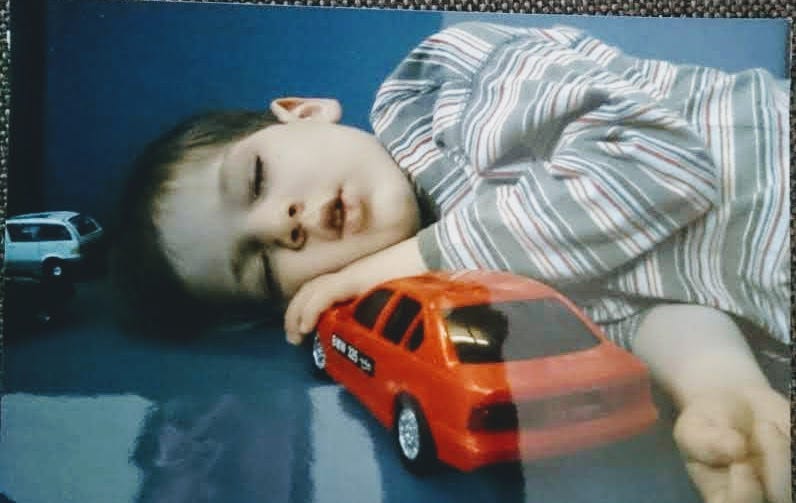
Germany’s Finance Minister, Christian Lindner recently revealed his first word on planet earth was “Auto” (car).
That may not come as a surprise for a politician who is accused of sharing (too) good relations with Porsche — Yet would be no wonder either for any regular person who grows up in Germany. But what if the word would have been [insert addictive drug]?
This level of acceptance or blindness towards car culture or dependency is a testament to a nation’s love affair or obsession with the automobile.
Germany, while being a proud nation of automative industry historically grew more car-dependant and still has a widespread stigmatization of people acknowledging the negative externalities of driving and therefore embracing a car-free life. A relict of times where the car was more than a machine — a member of the family, an aspiration, a way of life — a vehicle to stay autonomous and free amidst the rural exodus it caused.
Let your kids play GTA
Let’s be honest: Not all children’s toys are designed by good-willing people. I would claim, that most children’s toys prepare our kids for the consumerist society we live in.
I owned multiple crates of cars. The toy journey often continues in the virtual realm: Most simulation games such as Need For Speed, Truck Simulator, Train Simulator focus on one mode of transportation.
Grand Theft Auto, however has more to offer. While media psychologists would highlight the optional violence the game carries, I would argue that overall it still had a positive impact on my life.
What is more violent? Borrowing a car, bicycle, boat or plane in GTA — or forcing a family in Sims to live in a car-dependant suburb ?
GTA presents a microcosm of real-world mobility choices. Why settle for a supercar when you can pedal a BMX like a boss? And who knew that ‘borrowing’ vehicles could teach us about shared economies? I mean, sure, in the real world, we call it ‘car-sharing’, and it’s totally legal. In GTA, everyone is created equal.
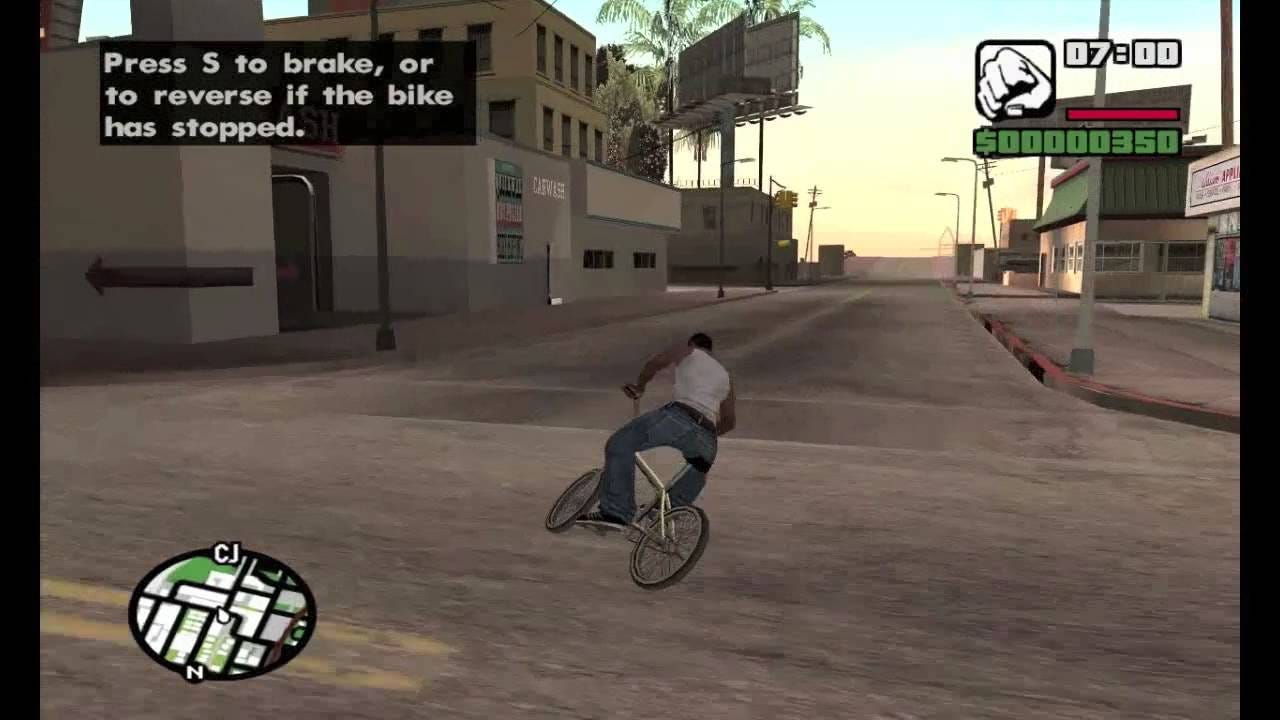
My carbrained journey
In 2013, when I turned 18, I would spend my free time with many test rides of cars that I was interested in. It was for the means of driving practice — but also means of motivation in life — the materialistic milestone before (what’s next?) — buying a house.
At least in my home town of Frankfurt — the financial capital, where material status is encouraged by the investment bankers working their way up in the city center and the suburbanite (or should I say “SUV-urbanite” dream is kept up by people living in the surrounding districts. People, who, when they leave their house, seemingly want to do so in (what the industry told them to be) the most prestigious way.
2013 was the same year, when I also got to drive a Tesla for the first time — a car that hummed with electricity rather than roared with gasoline. Back then it was clear to me: My next car would be a Tesla.

2 years later, I moved to Berlin. Just like in GTA, suddenly I was living in a city with diverse options to choose from
In Berlin, I learned other priorities. Outstanding public transport, high availability of car-sharing options at every corner, one tap away (like Uber — but much cheaper and you get to drive yourself).

Bottom line: My own car became a burden.
Carbrain? Gone!
When I moved to the Netherlands for my studies, I did not expect what was going to happen with me. My course of study, User Experience Design, was mostly built around improving experiences for people. I expected mostly digital experiences: Some research, prototyping, frontend development.
However, as I learned, experience design can also affect everyday aspects of life, such as mobility choices. As a designer, my perception changed, I became increasingly curious on how The Netherlands applies design principles to urban planning.
I assumed to be a “car guy” — but I had to learn that behaviours are shaped by the accessibility of options in our environments
Turned out: The Dutchies have some well designed interfaces for everyday transportation. For users of cars, trains, bicycle, wheelchairs, feet alike. They got me hooked on the bicycle and let me forget the car for good.
Who doesn’t want a country that cares about their citizens not being killed on their way to work — regardless of mobility choice? This very humane consideration just made me love paying taxes there.
It was the Dutch cyclism (or open, freedom-of-choice ecosystem) that rewired my car-brain completely. The Netherlands presented a new narrative — of cities built for people, not cars. My move for studies became a larger journey towards sustainable living, as I integrated into a society where everyday cycling is as habitual as breathing. A society that, more than my home country seems to know how to apply their tools.
Utility, Inclusivity, Intermodality = Healthy Society
As it turned out, the key to happiness for me isn’t a Porsche in every driveway; it’s about having choices. It’s about creating spaces where cars, bikes, and pedestrians coexist in harmony, like a well-choreographed flash mob.
So, what’s the takeaway from my journey from Autobahn to fietspad? It’s that success isn’t about the size of your car, but the ability to choose the right tool. And the true exhibition of personal success? It’s not about material possessions; it’s about finding joy in the simple things — like the wind in your hair as you cycle past a field of tulips, or the smug satisfaction of overtaking a sports car in your trusty Dutch bike — or carrying a 4.20m kayak with a 1.80m long bicyle.
Take Action for Pedal Power: Your Route to a Healthier Life
Embracing cycling isn’t just a green choice; it’s a step toward better health. Picture your bike as the “Gym of Life” — offering a daily dose of fitness and joy, free of charge.
Here’s how to merge personal well-being with community action:
Advocate: Push for bike-friendly policies by contacting local officials. Your voice matters in shaping a healthier community.
Lead by Example: Swap the car for a bike and inspire those around you. Each ride is a workout, improving your health and setting a positive example.
Join Forces: Participate in community bike rides or events. These gatherings highlight the fun and health benefits of cycling, building momentum for change.
Educate: Share the health perks of cycling. Knowledge is powerful, and understanding the benefits can motivate others to join in.
Demand Safe Paths: Safe cycling infrastructure is crucial. Support organizations that campaign for better bike lanes and facilities.
Track Your Journey: Use apps to monitor your fitness gains from cycling. Celebrating your progress can inspire continued effort and participation.
For local action, consider supporting these associations:
USA: PeopleForBikes — Advocates for bike-friendly policies and infrastructure.
Canada: Cycling Canada — Promotes cycling and bicycle safety across the country.
UK: British Cycling: Offers support for all levels of cyclists in the UK, from beginners to competitive riders.
World Bicycle Relief: Provides bicycles to people in need, creating access to education, healthcare, and economic opportunities.
European Cyclists’ Federation: Promotes cycling as a sustainable and healthy means of transportation and recreation in Europe.
Germany: ADFC: The General German Bicycle Club advocates for safer and more convenient cycling conditions across Germany.
France: Fédération Française de Cyclisme: Promotes cycling in all its forms, from leisure to professional racing in France.
New Zealand: Cycling New Zealand: Encourages and facilitates cycling at all levels in New Zealand.
Each pedal push is a stride toward personal and environmental health. Let’s ride towards a healthier future, together.




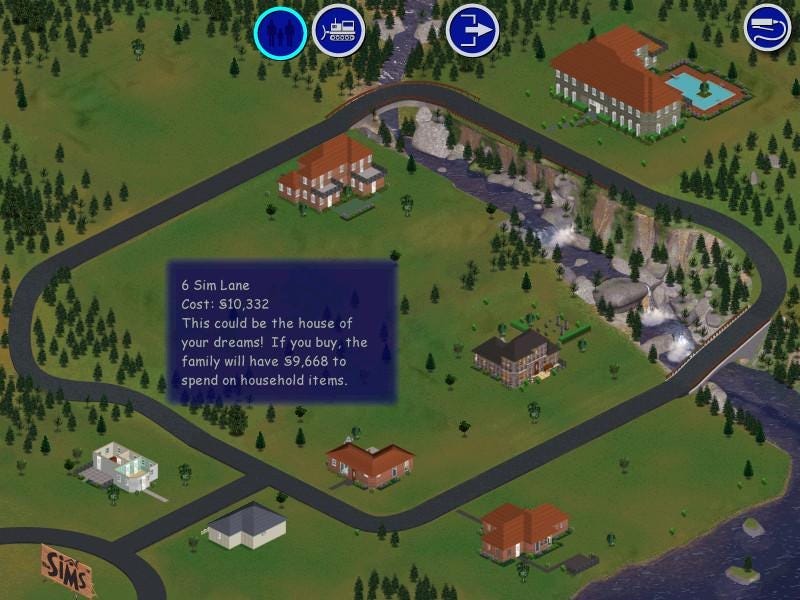
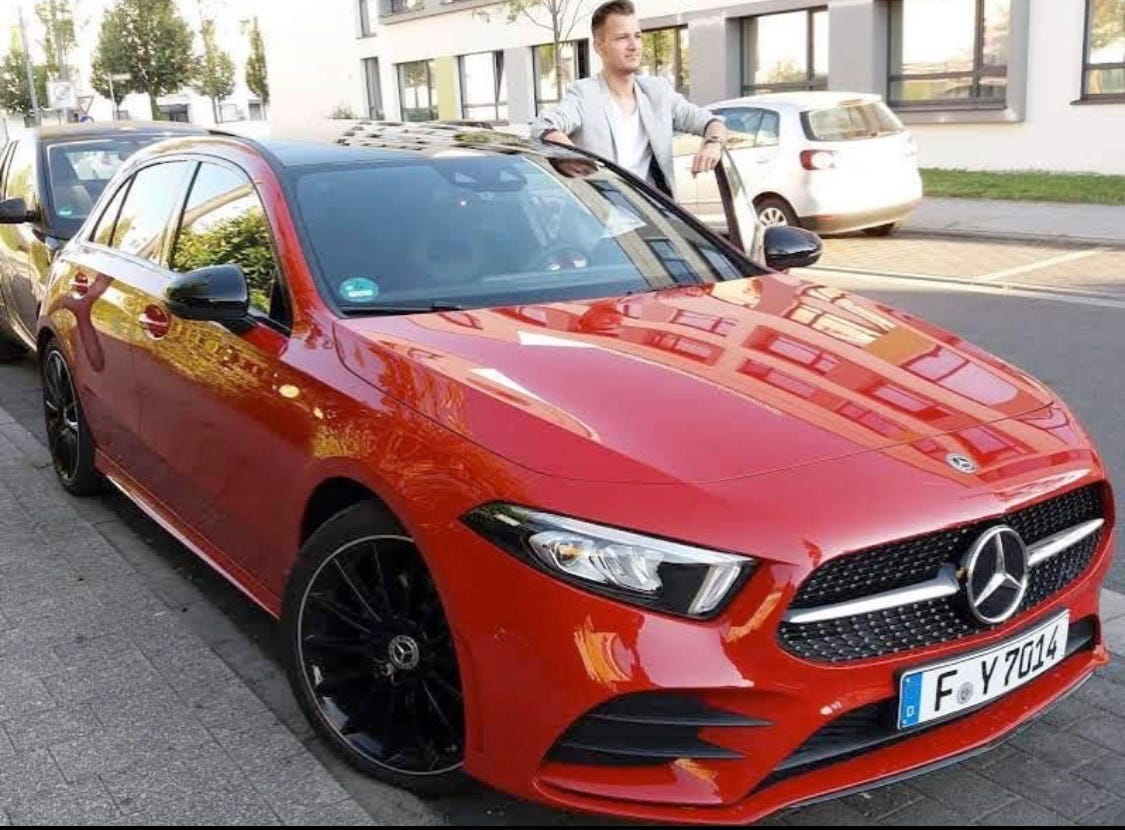


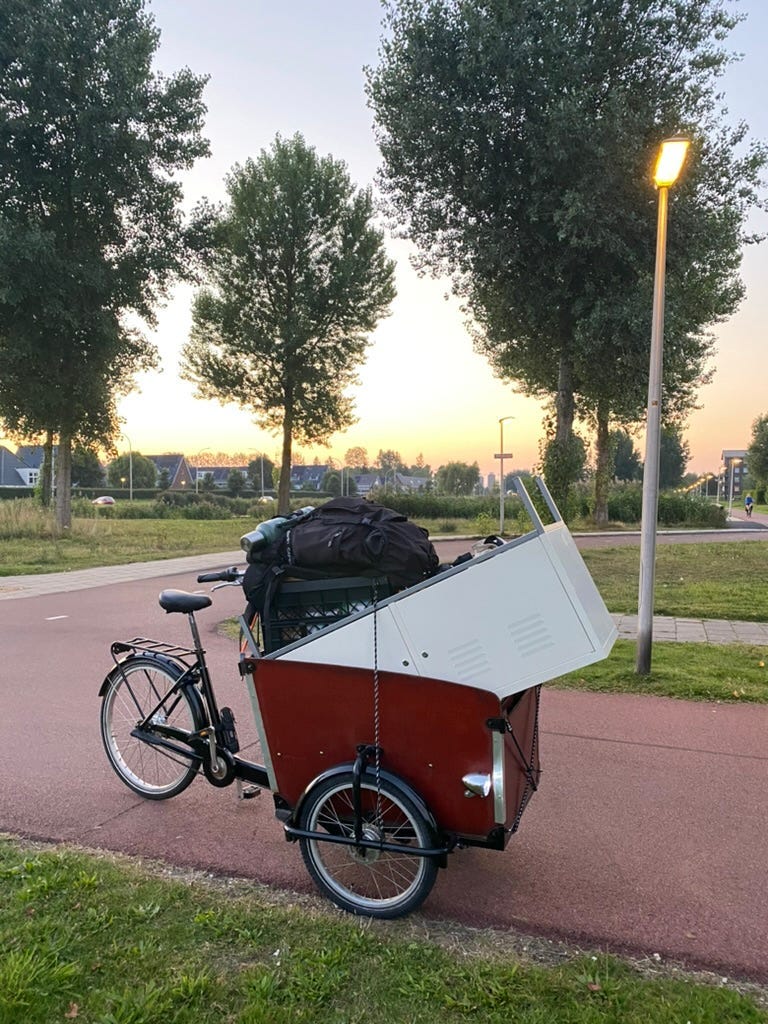

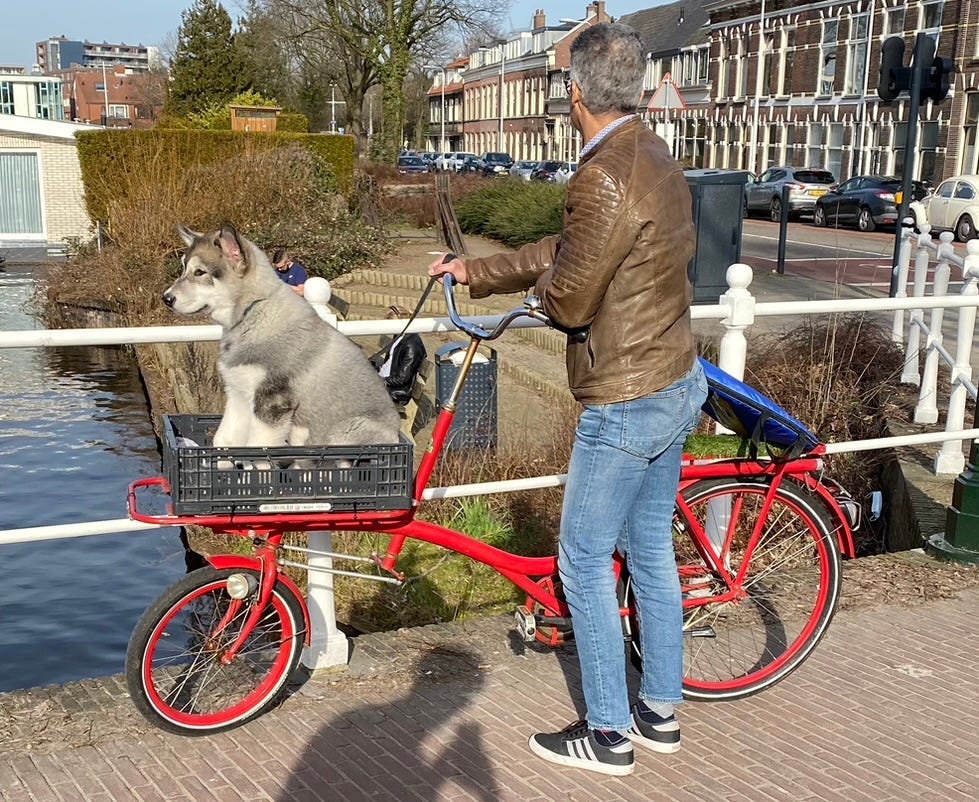
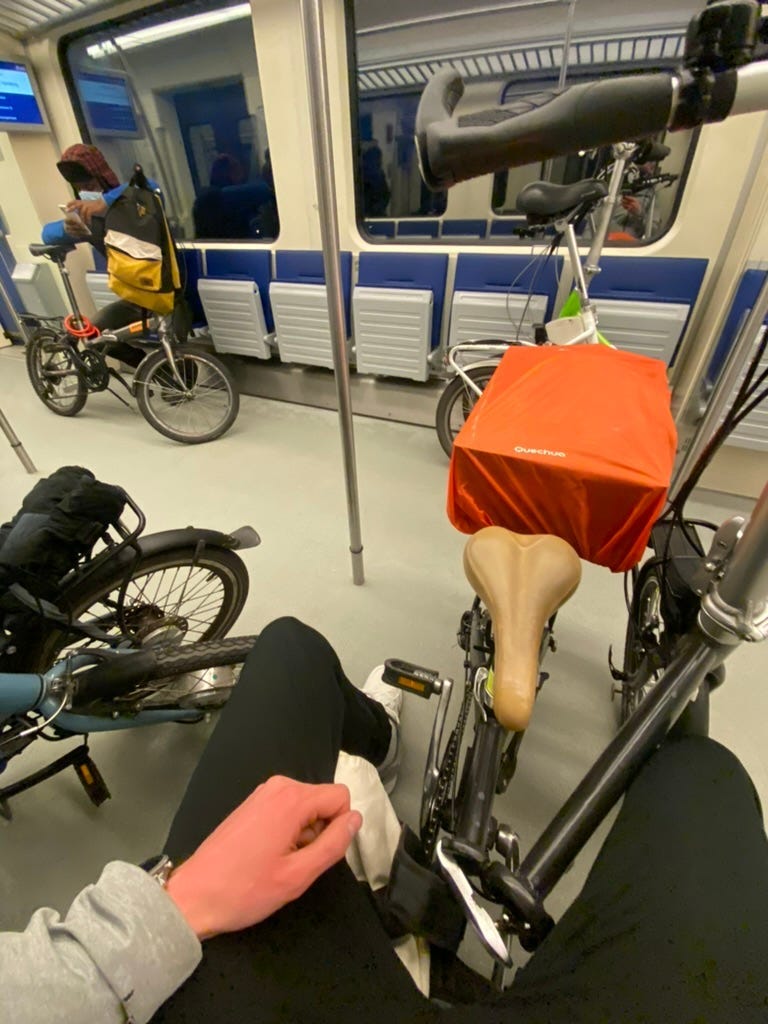



It's incredible how much we have accepted the car in our lives. How big of a step in life we still think it is, how much of a status symbol it represents. Even when it comes to accidents, we rarely fault the driver or the car, but rather the victim.
Learning about walkable cities, better public transit and bicycles is definitely an eye opener.